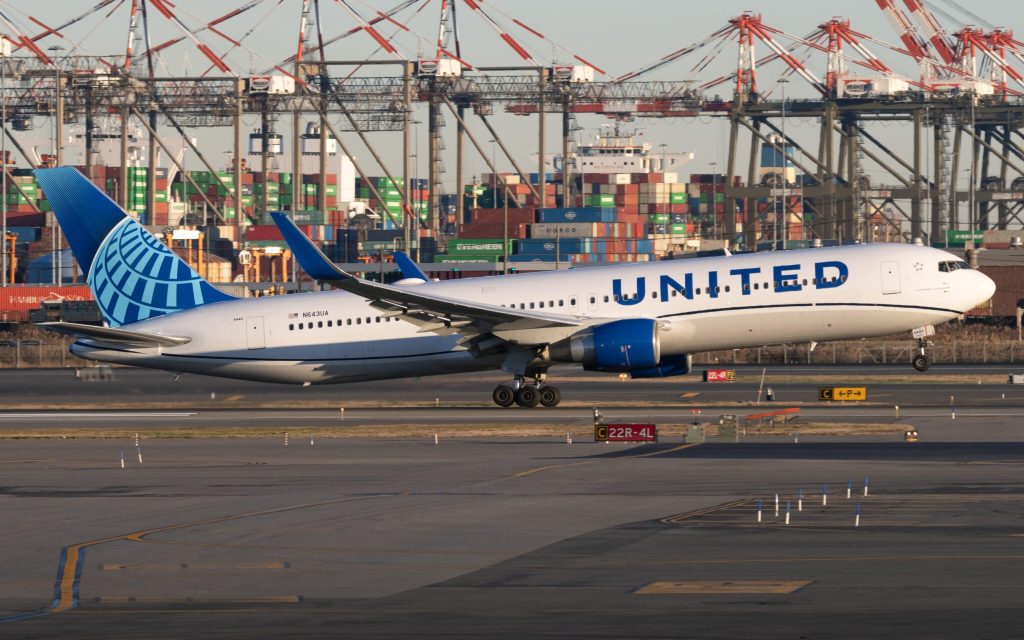JetBlue recently announced a change to its baggage policy, allowing all passengers to bring a carry-on bag for no extra charge, even those on its most restrictive fare. This move aims to align JetBlue with its competitors, such as American, Delta, Southwest, and Alaska, who all allow free carry-on bags across all fare categories. The only major U.S. network carrier that still charges Basic Economy passengers for a carry-on is United Airlines, leaving it seemingly isolated in its market positioning.
United Airlines’ Basic Economy policy charges passengers for carry-on bags unless flying to certain regions. This could potentially be counterproductive as JetBlue’s customer-friendly change could attract more price-conscious travelers. However, United seems to find strength in its isolated strategy, allowing it to compete more effectively on price by not overcharging passengers for unused amenities. It remains to be seen if this strategy will pay off in the long run.
JetBlue, after a rough few years and failed attempts at growth through partnerships and mergers, is focusing on returning to fundamental business strategies. The airline’s recent CEO appointment emphasized the importance of leveraging its unique position in the market and improving profitability. The importance of carry-on bags to customers was also highlighted by JetBlue’s President as a driver of customer satisfaction and differentiation in the airline market.
The competition among U.S. airlines is heating up as even ultra-low-cost carriers like Frontier and Spirit are making customer service improvements. Frontier announced changes to its fare structure and removed change fees for most fare classes, while Spirit eliminated change fees for most fare classes as well. These improvements, along with the move towards free carry-on bags by major carriers, are expected to create a more customer-friendly environment in the airline industry.
The changes in baggage policies at major U.S. airlines coincide with a final rule by the Department of Transportation requiring airlines to disclose all fees related to baggage and reservation changes. While the airlines, including JetBlue, are participating in a lawsuit against the rule, they are making changes to increase customer satisfaction and transparency in their fare options. JetBlue’s recent changes in baggage policies are unrelated to this regulatory ruling and aim to provide customers with more reasons to choose the airline.
As the airline industry continues to evolve, it will be interesting to see how United Airlines’ strategy of charging for carry-ons in Basic Economy fares plays out. With competitors offering free carry-ons and even low-cost carriers making customer service improvements, airlines are facing increased pressure to attract and retain customers. Ultimately, the industry-wide focus on improving customer satisfaction and transparency in pricing reflects a larger shift towards a more customer-friendly approach in the airline sector.















